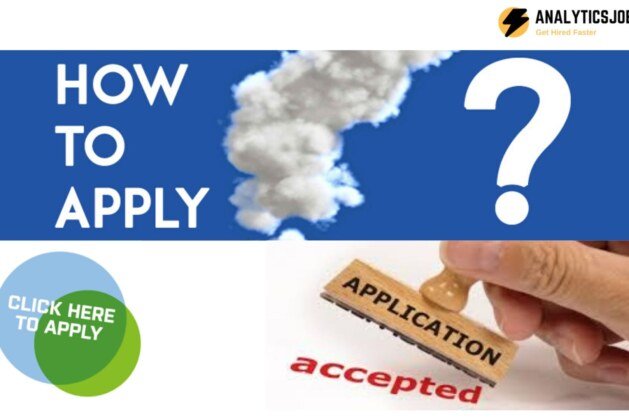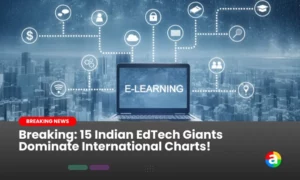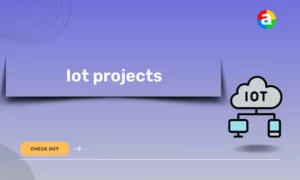Data is among the key features of every organization since it can help business leaders to make choices based on facts and figures, statistical numbers & trends. As a result of this rising scope of data, data science came in the picture. It uses framework, algorithms, procedure, and scientific approaches to draw out the expertise and insight from a massive amount of data.
The extracted data could be both structured or unstructured. Data science is a concept to bring innovations, Machine Learning, data examination, and their associated techniques to understand and dissect real phenomena with data. Data science is an extension of different data analysis fields for example data mining, stats, predictive evaluation and a lot more. Data Science is an enormous area that uses plenty of strategies and concepts which belong to various other fields as computer science, mathematics, and statistics. Several of the methods used in Data Science includes machine learning, signal processing, data engineering, probability model, pattern recognition, visualization, etc.
The advancements of lots of data have provided enormous value to a lot of functions of Data science, especially big data. But data science isn’t restricted to big data as large data solutions concentrated more on organizing and pre-processing the data rather than analyzing them. Additionally, thanks to Machine Learning, the benefits and the development of data science have been enhanced.
A data scientist is professionally responsible for collecting, interpreting and analyzing incredibly huge amounts of data. The data scientist role is an offshoot of several technical roles, which include computer professional, statistician, scientist, and mathematician. This job calls for the usage of skilled analytics technologies, which includes predictive modeling and machine learning.
Here are the opportunities for internship, fresher, experienced as a Data Scientist and the recruitment process of leading companies.

Google gets more than a million applications yearly. Google has a two-stage interview process.
i. Phone interview (or a Google Hangout interview).
ii. In-person interview.
Google is searching candidate with 4 different categories:
i. General cognitive ability.
ii. Leadership.
iii. Role-related knowledge.
iv. Googleyness.
Googleyness is a synonym for company culture fit and integration.
The Review:
i. The first part brings together Google employees from different levels of the organization to discuss applicants packet, sort through applicant substances, and attempt to determine who’s the best hire.
ii. In the second part, this packet is passed on to the senior leaders for the review and then the senior leaders consider the remaining applicants and make a final decision on who to hire.
Background Check:
- Criminal history.
- Education verification.
- Employment verification.
- Reference checks.
Frequently asked questions:
i. Describe your process for [post you are applying for].
ii. Tell me about a time you took a risk and failed.
iii. What is an accomplishment you’re proud of and why?
iv. What’s the most complex or niche thing you know a lot about? can you explain it to me in 5 minutes or less?
v. If you join, how will you impact the team?
vi. Tell me about the most unstructured environment you’ve ever worked in.
vii. What do you most want me to know about you that we haven’t covered yet?
Where to apply?
• KPMG
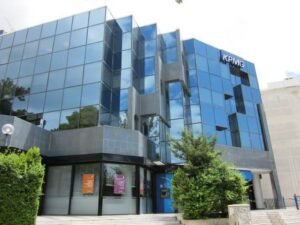
Academic Criteria:
i. 60% or above in graduation, 10+2 and high-school.
ii. No drop in any phase of education.
Written exam:
i. Numerical ability (consist of 24 questions and the time allotted is 20 minutes).
ii. Verbal ability (consist of 40 questions and the time allotted is 20 minutes).
Group discussion:
GD round includes simple questions and industry-related topics. You have to consider for 5 minutes about the topic and then discuss it. The topics are simple and do not require specific preparation. Almost 50% of the applicants will likely be shortlisted here.
Interview:
- Technical Interview.
- HR interview.
Where to apply?
• Accenture
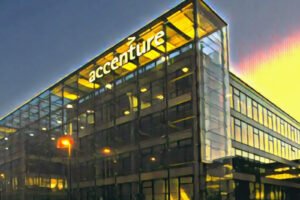
Academic Criteria:
i. 70% or above in graduation, 10+2 and high-school.
ii. No active backlog at the time of the interview.
Written round:
i. General aptitude test.
ii. Logical aptitude test.
iii. Verbal aptitude test.
Technical round:
i. You should be clear with your basics.
ii. You should be prepared with Data Structure, Algorithms, OS, Networking, DBMS, OOP’s concept, and one programming language of your choice.
iii. Writing codes in the interview.
iv. Puzzle-solving.
HR Round:
i. Tell me about yourself.
ii. Why Accenture?
iii. Where do you see yourself in the next 5 years?
iv. Strengths and weaknesses.
v. Questions from your CV and projects.
Frequently asked questions:
i. Binary search(Function Problems).
ii. Bubble sort(Function Problems).
iii. Insertion sort(Function Problems).
iv. Check if the number is Perfect or Imperfect.
v. Brainteaser puzzle.
vi. Cycle Race.
vii. Series questions.
Where to apply?
• The International Business Machines Corporation (IBM)
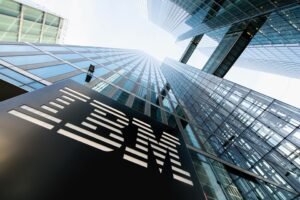
Academic Criteria:
i. 65% or above in graduation, 10+2 and high-school.
ii. No active backlog at the time of the interview.
Written Round:
i. Number series and general aptitude test.
ii. English assessment test.
For the number series and general aptitude tests, there is a time of 2.15 minutes and for the English assessment test, 20 minutes are provided.
Technical round:
i. You should be clear with your basics.
ii. You should be prepared with Data Structure, Algorithms, OS, Networking, DBMS, OOP’s concept, and one programming language of your choice.
iii. Writing codes in the interview.
iv. Puzzle-solving.
HR round:
i. Tell me about yourself.
ii. Why IBM?
iii. Where do you see yourself in the next 5 years?
iv. Strengths and weaknesses.
v. Questions from your CV and projects.
Where to apply?
• Infosys
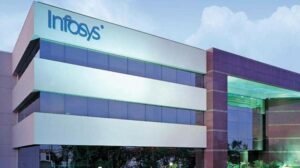
Infosys conducts 3 rounds to select a new employee.
1. Online test.
2. Technical round.
3. HR round.
Online test:
a) Quantitative ability.
b) Reasoning and Verbal Ability.
These tests have a duration of 95 minutes and once the first section is completed only then the candidate can start with the second section.
Technical round:
a) You should be clear with your basics.
b) You should be prepared with Data Structure, Algorithms, OS, Networking, DBMS, OOP’s concept, and one programming language of your choice.
c) Writing codes in the interview.
HR round:
a) Tell me about yourself.
b) Why Infosys?
c) Where do you see yourself after 5 years?
d) Strengths and weaknesses.
e) Questions from your CV and projects
Frequently asked questions:
a) Combination Sum.
b) Reverse an Array.
c) Stack Overflow.
d) Software Development Life Cycle.
e) Real-life examples of Polymorphism.
f) What is a proxy server?
g) Explain run time polymorphism.

